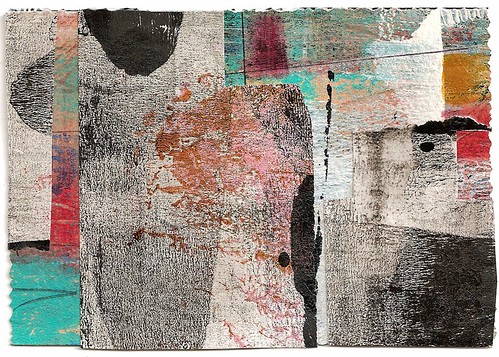The unconscious is a slippery idea by its very nature, if we become gradually more aware of our own dynamics, more conscious then we realise that there was stuff going on unconsciously before. I recall the day, for example, when I realised my mountaineering was associated with escape from social difficulty, originally in the family. Moreno talks of the unconscious all the time, though he belittles the idea occasionally and claims he surpassed it with the notion of warm up.
“The unconscious lives on as a by product of the warming up process.” Who Shall Survive? page liv.
“The antiquated couch was transformed into a multi-dimensional stage, giving space and freedom for spontaneity, freedom for the body and for bodily contact, freedom of movement, action and interaction. Free association was replaced by psychodramatic production and audience participation, by action dynamics and dynamics of the groups and masses.
❊ the couch is in the stage
❊ sexuality is in spontaneity
❊ the unconscious is in the warm up
❊ transference is in the tele
With these changes in the research and therapeutic operation the framework of psychoanalytic concepts, sexuality, unconscious, transference, resistance and sublimation was replaced by a new, psychodramatic and sociodynamic set of concepts, the spontaneity, the warming up process, the tele, the interaction dynamics and the creativity. These three transformations in vehicle, form and concept, however, transcended but did not eliminate the useful part of the psychoanalytic contribution. The couch is still in the stage – which is like a multiple of couches of many dimensions, vertical, horizontal and depth – sexuality is still in spontaneity, the unconscious is still the warming up process, transference is still in the tele; there is one phenomenon, productivity-creativity, for which psychoanalysis has given us no counterpart.” Who Shall Survive? page 120
❊ productivity-creativity
In Psychodrama Volume 1 Moreno is quite happy to use the word unconscious again, especially when seen as co created in what he terms “intimate ensembles”:
See the full quote here
Therapy can make the unconscious conscious. In the same way, in couple therapy the repeating patterns the couple enact are revealed. The formerly unconscious becomes conscious. For example, a classic role description used in Imago therapy is the hailstorm and the turtle. The more one partner storms the more the other hides in their shell. Such dynamics are well understood by therapists but the couple may be totally oblivious to this co-created dynamic. To really see it in action and to reverse that cycle both parties need to be present.










